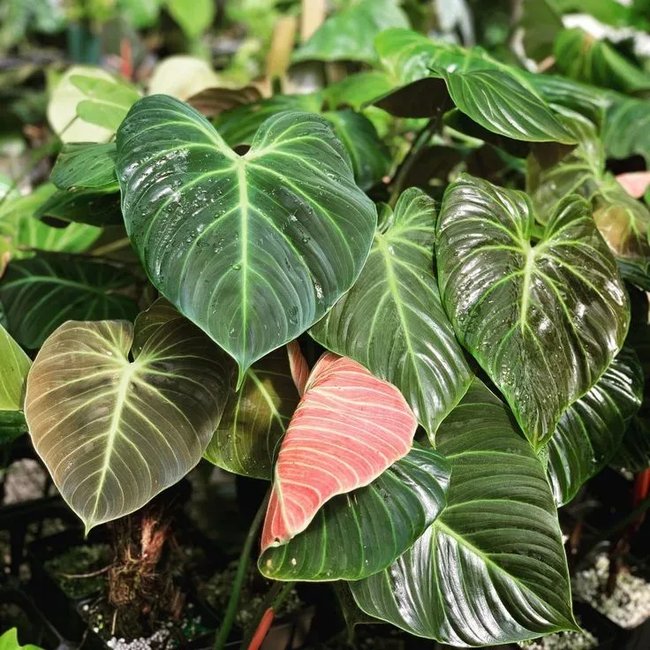Blackcaps
Blackcaps (Sylvia atricapilla) are small, migratory songbirds found across Europe, Asia and North Africa. They are easily identified by their black caps, brown backs and white underparts. Blackcaps are known for their beautiful song, which is often heard during the spring and summer months.
Meta Information
Scientific Name
Sylvia atricapilla
Average Lifespan
Up to 10 years in the wild
Average Size
13-15 cm
Similar To
Great tit, Blue tit, Long-tailed tit, Marsh tit
Lifecyle
Blackcaps usually breed between April and July. The female builds a nest of grass and moss, and lays between four and seven eggs. Both parents take part in incubating the eggs, which take around two weeks to hatch. The chicks are fed by both parents and fledge after around two weeks.
Diet
Blackcaps feed mainly on insects and larvae. They also eat fruit, berries and seeds.
Habitat
Blackcaps are found in a variety of habitats, including woodlands, gardens, parks, hedgerows and open fields. They usually prefer areas with plenty of trees and shrubs.
-
What are blackcaps?
Blackcaps are small, migratory passerine birds that belong to the family of warblers. They are found across Europe, Asia, and North Africa. Blackcaps are known for their distinctive black cap and pale grey plumage.
-
What do blackcaps eat?
Blackcaps are omnivorous birds and have a diverse diet. They feed on insects, fruits, berries, and nectar. During the winter months, they often rely on garden bird feeders for food.
-
How do blackcaps migrate?
Blackcaps are migratory birds and travel from their breeding grounds in Europe to their wintering grounds in Africa. They undertake a long and arduous journey, covering thousands of miles over several weeks.
-
What is the habitat of blackcaps?
Blackcaps are adaptable birds and can be found in a variety of habitats, including woodlands, gardens, parks, and hedgerows. They prefer areas with dense vegetation and plenty of food sources.
-
How do blackcaps communicate?
Blackcaps have a variety of vocalizations, including songs and calls. They use their songs to establish territories and attract mates during the breeding season. Blackcaps also use calls to communicate with each other and to warn of potential threats.
-
Do blackcaps have any predators?
Yes, blackcaps have a number of predators, including domestic cats, sparrowhawks, and other birds of prey. They are also vulnerable to habitat destruction and climate change, which can impact their food sources and breeding success.
-
How long do blackcaps live?
Blackcaps have an average lifespan of around 2-3 years in the wild. However, some individuals have been known to live up to 10 years.
-
Are blackcaps protected?
Yes, blackcaps are protected under the European Union Birds Directive and the UK Wildlife and Countryside Act. It is illegal to kill or disturb them, damage their nests or eggs, or to take them from the wild.
-
What is the breeding behavior of blackcaps?
Blackcaps typically breed between April and July. The males establish territories and attract females with their songs. Once a pair has formed, they build a cup-shaped nest in dense vegetation, such as shrubs or hedgerows. The female lays 4-6 eggs, which she incubates for around 12-14 days. Both parents help to feed the chicks, which fledge after around 12-16 days.
-
Can blackcaps be kept as pets?
No, it is illegal to keep blackcaps as pets. They are protected under wildlife laws and should be allowed to live and breed in their natural habitats. Domesticating wild animals also poses a risk to their health and survival.
-
How can I attract blackcaps to my garden?
Blackcaps are attracted to gardens with plenty of vegetation and food sources. You can encourage them to visit your garden by planting fruit-bearing trees and shrubs, such as blackberries, raspberries, and elderberries. Provide a bird feeder with seeds, nuts, and mealworms, and a water source, such as a bird bath. Avoid using pesticides and herbicides, as these can harm the birds and their food sources.
10 Fun Facts About
1. Blackcaps are often seen in pairs or small groups. 2. They are one of the few songbirds that can sing in the winter. 3. Blackcaps have been known to migrate over 1000 miles. 4. Blackcaps have been known to live for up to 10 years in the wild. 5. They are able to adapt to a variety of habitats. 6. Blackcaps are able to recognize individual birds and remember them. 7. They are able to recognize their own reflection in a mirror. 8. Blackcaps are able to learn new songs from their peers. 9. Blackcaps are able to recognize the sound of their own species. 10. Blackcaps are able to imitate other bird species.
Pun
You can't beat a blackcap for a good tune!
Out Thoughts About
Blackcaps are such an amazing species! We love their beautiful songs and the fact that they can migrate such long distances.






